UK Aid: Boris Johnson defeats Tory rebellion on overseas aid budget cut
Prime Minister, Boris Johnson, has narrowly defeated a Tory rebellion over government plans to reduce the foreign aid budget.
Earlier in the House of Commons, MPs voted 333 to 298, to support government plans to reduce overseas aid spending from 0.7 percent of GDP to 0.5 percent.
Addressing MPs on Tuesday (July 13) before the vote, the PM claimed the nation’s public finances are under a “greater strain than ever before in peacetime history”.
"Every pound we spend on aid has to be borrowed and, in fact, represents not our money but money that we're taking from future generations", Johnson told supportive and rebellious MPs alike.
But the PM’s attempt to use the Covid-19 pandemic and the associated strain on public finances to justify a drastic cut to UK Aid elicited unusually strong opposition from the higher reaches of the Tory party.
Former Conservative Prime Minister, Theresa May, led the way saying she would rebel against the Tory whip for the first time on the grounds the government is breaking its promise “to the poorest people in the world”.
"This isn't about palaces for dictators and vanity projects, it's about what cuts to funding mean - that fewer girls will be educated, more girls and boys will become slaves, more children will go hungry and more of the poorest people in the world will die", May told the House of Commons.
Meanwhile, former Brexit Secretary, David Davis, told Parliament: "I consider myself an economic Thatcherite and yet when I come to choose between money and lives, I always choose lives”.
"So, this House [of Commons] should remember that what should be at the forefront of every member's mind today is this is a vote where we are choosing whether or not to intervene to save lives”, a passionate Davis proclaimed.
For his part, Labor Party leader, Keir Starmer, claimed the cuts undermined the “UK’s global standing”.
"That is not the vision of global Britain we want to see on these benches and I don't think it's the vision of global Britain that many on the opposite benches want to see either", Starmer said.
D-8’s role in Iran’s economy after Cairo summit
China slams US as ‘war-addicted’ threat to global security
China ‘firmly opposes’ US military aid to Taiwan
VIDEO | Press TV's News Headlines
President Yoon Suk Yeol to be removed from office
At least 19 Gazans killed by Israeli airstrikes since dawn: Medics
Leader: Iran neither has nor needs proxy forces
US fighter aircraft shot down ‘in friendly fire’ amid aggression on Yemen


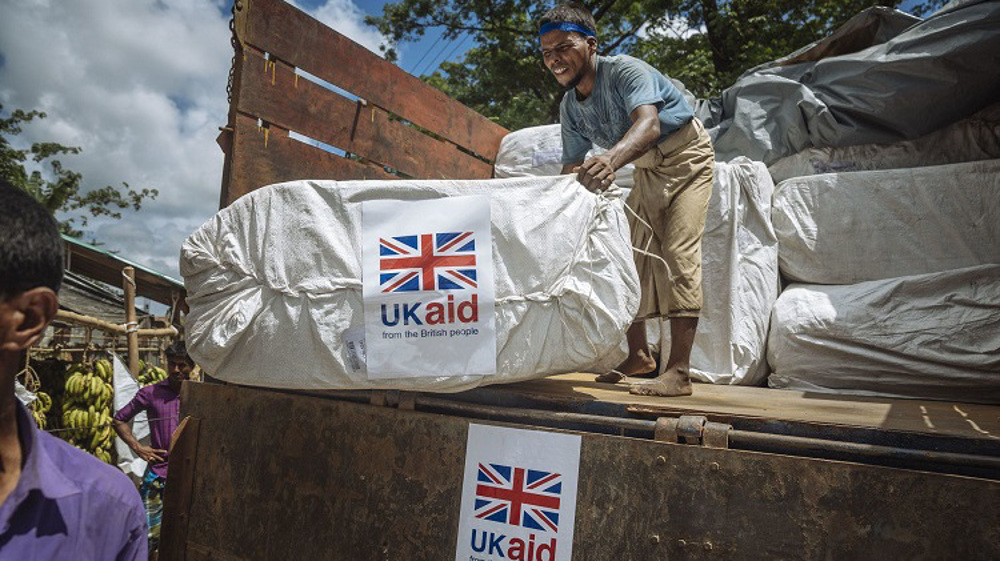
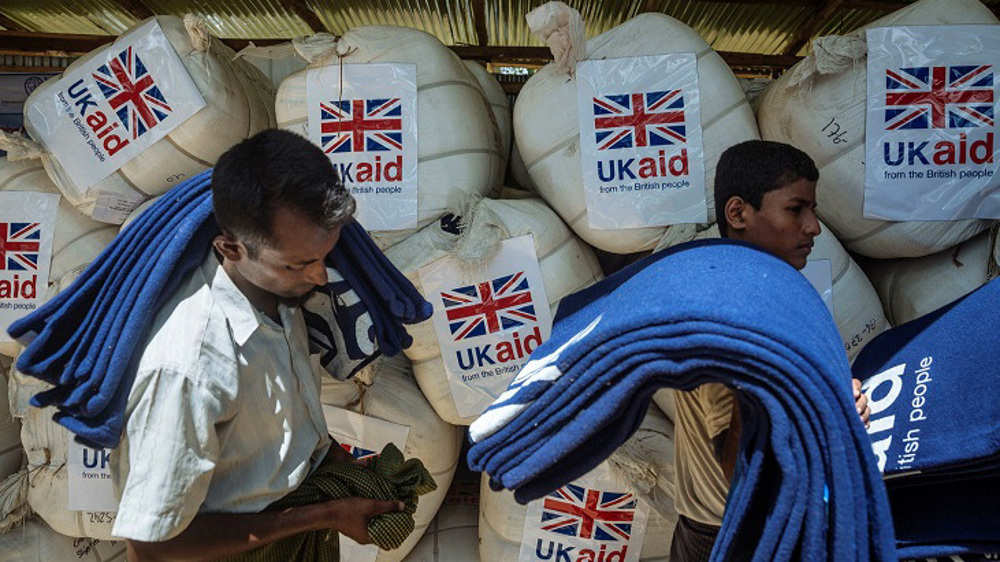
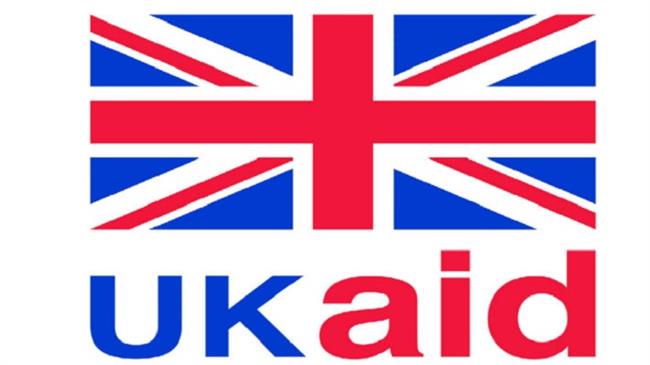
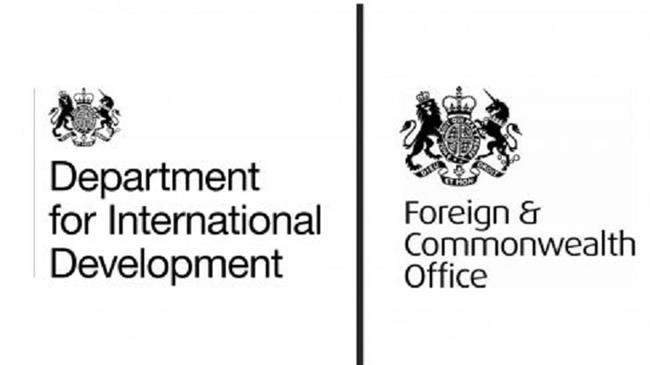


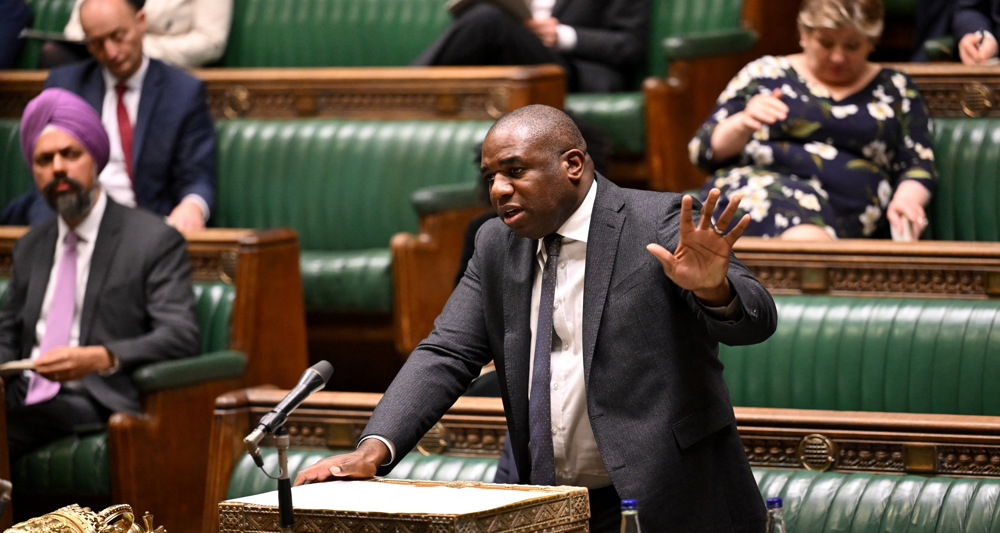




 This makes it easy to access the Press TV website
This makes it easy to access the Press TV website